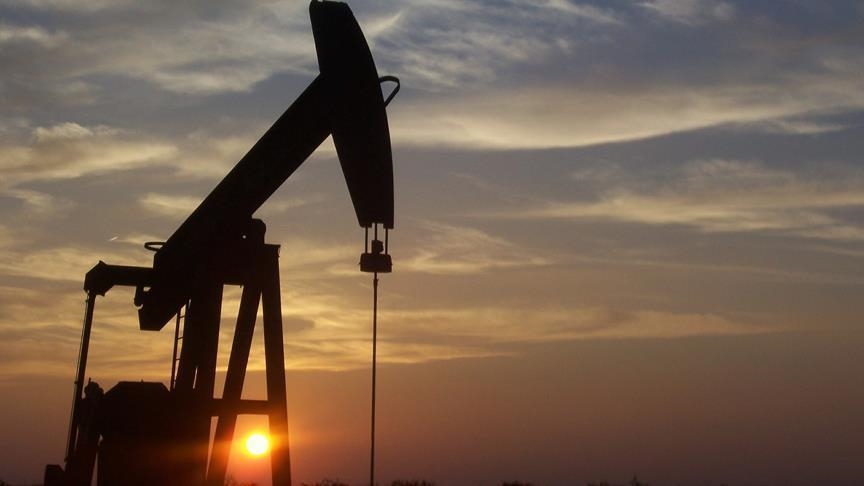OPEC does not have capacity to boost production: Nigerian minister
Energy transition should be slower to ease prices while putting alternatives in place, says Timipre Marlin Sylva

ABUJA, Nigeria
The Organization of the Petroleum Exporting Countries (OPEC) is not in favor of high crude prices, but it does not have any extra capacity to boost production, according to the Nigeria’s state minister for petroleum resources.
“It is not something that you can open a tap for at this point. You must have the additional capacity, the idle capacity to bring on, but it takes a lot of work and a lot of investment for it to have additional production,” Timipre Marlin Sylva told Anadolu Agency.

Timipre Marlin Sylva, Minister of State for Petroleum Resources of Nigeria
The oil production of most countries, including Nigeria which is also an OPEC member country, is already at a peak, he said, emphasizing that criticism aimed at OPEC was misplaced.
“If there is anything we can do to produce more, OPEC will be the first to produce more. But unfortunately, this capacity doesn’t exist in most OPEC countries,” he said.
OPEC takes no pleasure in seeing high oil prices and wants them at a level that would be optimal for both consumers and producers, Sylva asserted.
A lack of investment in the sector was one of the reasons for the capacity limit, he said, defending a slower energy transition in a bid to ease prices.
Sylva underlined that investments were pulled out from the global oil and gas sector quickly without putting an alternative in place.
“We are not against energy transition, but let it be a gradual process. Let us carry on a little bit slowly. We will get there, but let’s make sure we are able to take all factors into consideration before we move,” he said.
Turning to ties between Turkiye and Nigeria in the field of energy, Sylva said Turkiye purchases a great deal of liquefied natural gas (LNG) from Nigeria thanks to agreements sealed in the past.
He said Nigeria is struggling to meet Turkiye’s request for additional LNG supply as its production facilities are not operating at full capacity.
In the meantime, though, Nigeria is in talks with other international suppliers to ensure that Turkiye gets the additional amount before the end of this year, he added.
“We are actively working on how we can move up the production capacity of LNG. There is also an expansion project that is going to increase the output capacity from 22 million tons per year to 30 million tons, so we will have enough LNG to give Turkiye some additional volumes,” Sylva said.
He also conveyed Nigeria’s desire to attract more Turkish investors, saying there is a dire need of investment in the field of oil and gas.
Sylva explained that Nigeria discovered 206 trillion cubic feet (tcf) of gas reserves accidentally while looking for oil.
“We want to increase our gas reserves from 206 tcf to about 600 tcf, so there are a lot of opportunities for Turkish companies that can come in and get involved in the exploration of gas or in the up-stream side,” he said.



